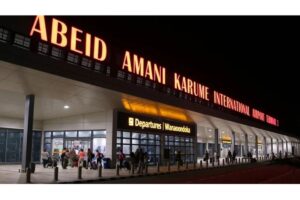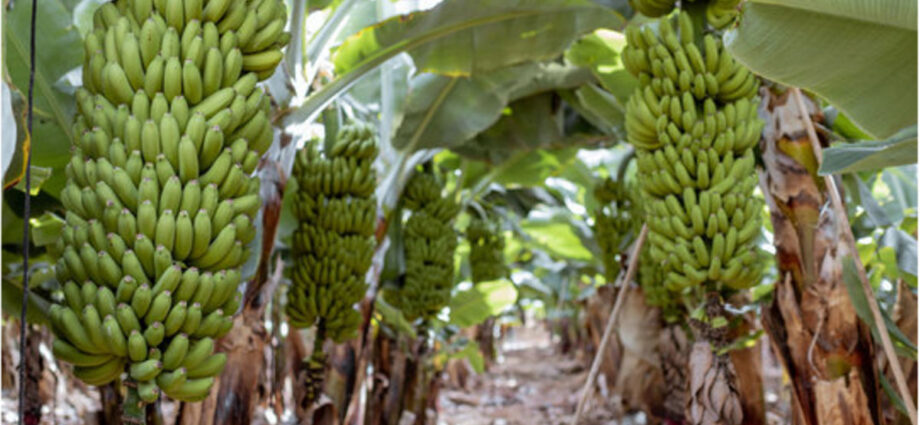The Arusha-based organisation is currently engaging over 500 small-scale banana growers in Kilimanjaro in its latest efforts to unleash the crop’s full potential to hook a lion’s share of the East Africa’s annual export value of $4.3 billion.
Taha Group CEO Jacqueline Mkindi told The Citizen that she has deployed a team of agronomists and marketers in Rombo District to improve banana agronomy practices for small-scale farmers on the eastern slopes of Mount Kilimanjaro.
Launching the training, Taha chief development manager Anthony Chamanga said Rombo – being the country’s major banana producer with a 230,000 metric tonnes a year – has the great potential to be a bread basket and guarantee food security, nutrition for consumers, create jobs and generate incomes.
Courtesy of USAID and USDA-funded Commercial Horticulture for Transformed Economy (Chote), Taha with a wide range of skills and a strong linkage with a local, regional and international markets would unleash the potential not only of the banana crop, but also the whole horticulture value chains.
Gracing the event, Rombo MP Adolf Mkenda urged key players, including financial institutions, seedlings suppliers, water authorities and off takers to join forces in a bid to commercialise the banana crop.
During the exercise, Prof Mkenda, who is also the Minister of Education, witnessed the distribution of the 60,000 culture banana tissues suitable for international export and domestic consumption to small-scale farmers.
Other stakeholders present during the event included Minjingu Mines and Fertilizers, Agricultural Seeds Agency (ASA), NMB Bank and key food processors.
Official statistics indicate that Tanzania produces 3.5 million tons of bananas annually.
However, dealers say that pests and diseases, nutrient deficiencies and drought stress continue to affect average productivity and quality of banana.
East Africa Fruits official Firmina Joseph said that much as it seems like banana are plenty, however, in reality the fruits do not meet the market demand because of poor quality.
“Quality is the greatest challenge on our part as traders. Banana we purchase from farmers are very poor in quality, very tinny and therefore do not meet the market standards,” she noted.
Share this news
This Years Most Read News Stories

Ground handling firms in Zanzibar start cutting jobs
ZAT and Transworld, companies providing ground handling services at Abeid Amani Karume International Airport, have to lay off workers to stay afloat.Continue Reading

Tanzania’s path to 4Rs: The President Samia’s era
Tanzania has embarked on a journey of resilience, rebuilding, reconciliation, and reform under the leadership of President Samia Suluhu Hassan.Continue Reading

Zanzibar terminates land lease offered to British developer
The Revolutionary Government of Zanzibar (SMZ) has terminated a land lease held by British property developer Pennyroyal Limited in Matemwe, the developer has announced.Continue Reading











